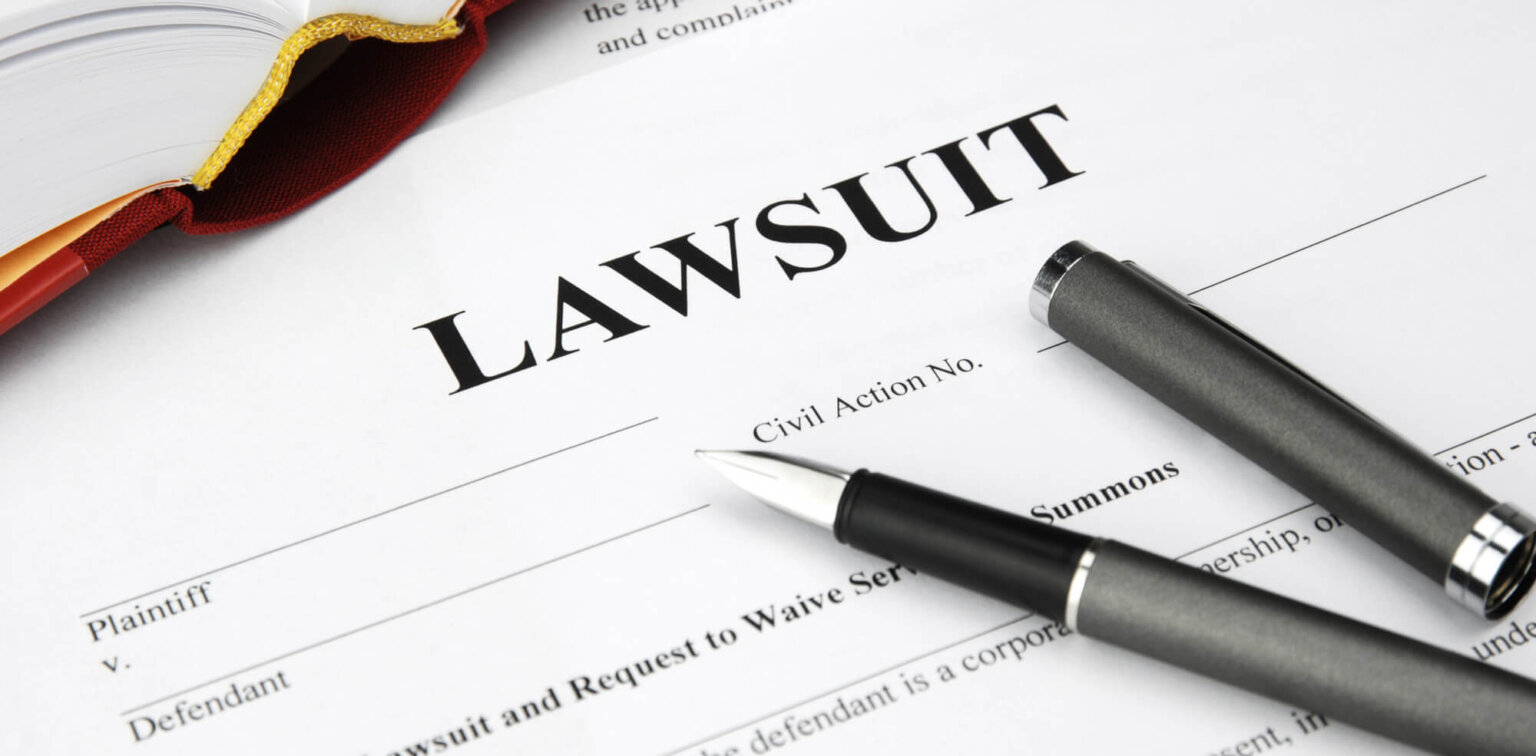
What Is Civil Litigation?
The process of resolving disagreements through the legal system is known as civil litigation. Civil litigation, which excludes criminal accusations, is any legal conflict in which two or more parties are vying for monetary compensation or a particular performance. Contracts, torts, and property disputes are the three basic categories of civil litigation in the United States.
Legal action involving contracts is used to settle disagreements between parties. Tort litigation is used to settle disagreements between parties over harm brought on by another party’s wrongdoing. Property conflicts are settled through litigation
With civil litigation, your attorney may use a variety of legal procedures. Discovery, pleadings, appeals, and trials are a few common procedural steps. The first document submitted in a civil case is a pleading.
In a civil matter, the discovery process enables both parties to gain information from one another. Trials are proceedings in which the judge determines whether or not the facts outlined in a pleading qualify as evidence that would permit the court to enter a judgment in favor of one party or the other.
A party may request a review of a decision rendered by another court by filing an appeal with the highest court that is accessible. Civil litigation can be very costly and time-consuming. It can be quite complicated, so you should have a skilled attorney who stands by your side in court.
How Does the Civil Justice System Work?
Civil litigation is a procedure that enables people or organizations to file claims against other people, companies, or governments in order to recover damages. The civil justice system in the United States handles civil litigation.
Types of Civil Litigation
Civil litigation will include a wide range of disagreements that will directly affect many legal matters. A civil litigator will often concentrate on a particular practice area. The most typical civil litigation will consist of:
- Environmental law
- Products liability
- Disputes that encompass landlords and tenants
- Construction
- Intellectual property disputes
- Employment and labor issues
- Medical malpractice
- Real estate
- Anti-trust laws
- Education law
- Worker’s compensation
What Is a Litigator?
A civil litigator or attorney handles non-criminal legal disputes. These conflicts typically include one party or entity demanding payment from another party or entity to cover losses incurred. Civil disputes often center on individuals, interpersonal ties, and property.
A civil attorney must possess great interpersonal and conflict-resolution skills due to the nature of the position. To effectively represent the interests of their clients, civil attorneys must assimilate complicated facts and materials using their vast knowledge of procedural law.
Criminal attorneys deal with offenses against the public, the state, or society as a whole, by individuals. This is in contrast to civil attorneys.
Civil attorneys are involved in cases involving wrongs done by individuals inside society. Civil law encompasses a whole range of legal practice areas, including:
- Family law
- Personal injury law
- Corporate law
- Property law
- Employment law
- Environmental law
Most civil lawyers focus on one of these specific practice areas. However, some lawyers might provide legal services across multiple practice areas. General practice attorneys are civil lawyers who do not specialize in any one field.
What Does a Civil Litigation Lawyer Do?
A civil litigation attorney represents clients in non-criminal actions. Clients can include private citizens, governmental bodies, or companies. Attorneys for civil cases offer legal counsel and tactics for your civil case.
They will speak on your behalf in a range of proceedings, including arbitration, depositions, mediation, and the actual trial. Some basic responsibilities that civil attorneys will partake in include:
- Research of pertinent laws
- Investigative activities relating to the case
- Research of pertinent laws
- File motions
- Conduct or take part in deposition hearings
- Draft up legal documentation
- Make court appearances on behalf of their client
- Negotiate settlements
Civil lawyers often take on situations where there is not a clear-cut disagreement. Instead, consumers might need legal counsel in intricate areas like tax law, real estate deals, immigration disputes, or estate preparation.
What to Expect From a Civil Attorney
You will have a better chance of success as you go through the various legal processes if you work with a civil suit attorney. They will be by your side throughout the entire process, whether you want to settle privately or go to trial. They will also make sure you are aware of your legal rights.
Attorneys that handle civil cases battle for your rights. A competent lawyer will not only provide the best legal representation, but they will also be sympathetic and make an effort to make their clients feel at ease. They’ll help you feel better when things are difficult.
Do You Need a Civil Litigation Attorney?
Lawyers for civil actions will evaluate the merits of your claim and offer advice on your best legal choices. Lawyers for civil lawsuits are crucial in determining whether going to trial or settling is the best course of action.
Do you need a civil litigation lawyer? We can help! Our mission is to provide everyone with access to competent legal counsel when they need it.
Our firm provides legal counsel and representation for clients dealing with divorce, family law, criminal defense, civil litigation, mediation, and personal injury.Questions? Get Legal Advice.
Request a consultation
Would you like to speak to one of our lawyers? Just submit your contact details and we’ll be in touch shortly. You can also email us if you prefer that type of communication.